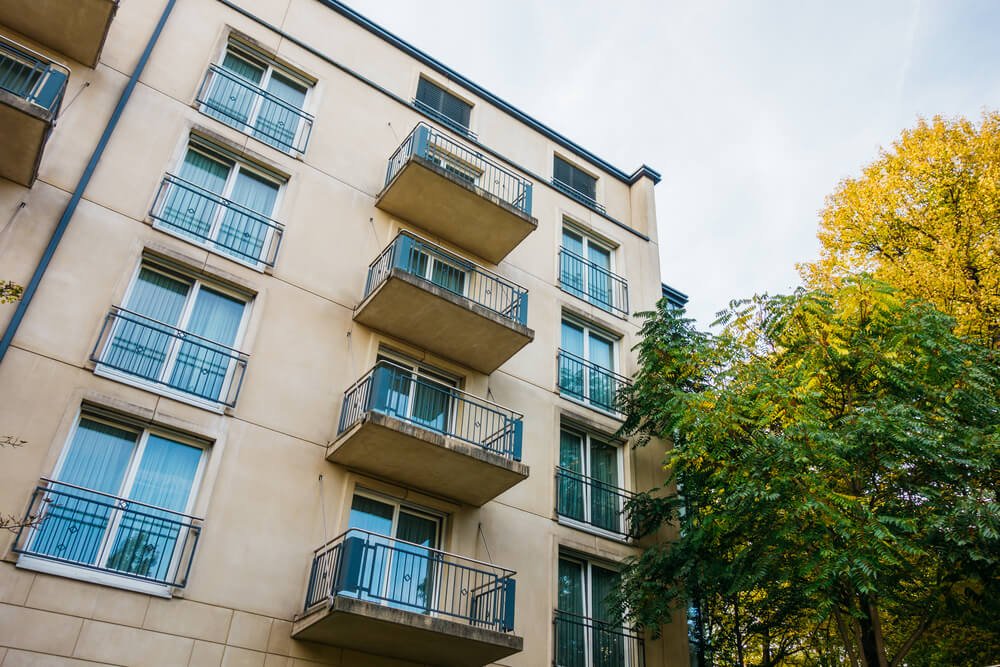Thailand Real Estate: Sell Or Let Your Property In Thailand
With all the things the Land of 10,000 Smiles has to offer- from its unique and breath-taking tourist destinations, latest innovations that continue to rise and develop, the hearts of its locals that genuinely accept tourists across the globe, Thailand is truly one of the amazing nations not only in Asia but in the whole world.
Despite its various downfalls and setbacks for the past years, this has been a blessing for Thailand because of its great ability to lift itself up after the recession and other economic impediments. This has been one of the things that invite people-whether locals or foreigners, to have their own properties in the country. However, it is still a tough decision to consider selling their hard-earned real estate properties or to just keep them instead.
Selling Properties in Thailand
With somewhat confusing Thai policies on ownership especially for foreigners, seeking consultation on a lawyer can be a great idea for proper guidance on the process. Moreover, having an agent can be possible. But if you still prefer having one, ensure that the contract will not be open-ended.
In selling properties, items or things that are included in the property can and should be furtherly discussed, especially that there was no definite legal obligation about this matter. Once settled, a purchase agreement must be signed by both parties, along with other necessary documents, like the title of the deed, passport and any proof of identification, house or property registration documents, among others.
Furthermore, a buyer can possibly pay a portion of the land purchase, if needed. When this happens, the buyer can pay initially the lump sum of the property then the pay through installment to the buyer until the whole payment is complete. On this case, the deed title remains to the buyer’s possession.
Finally, the exchange of property is not an option in Thailand.
Letting your Properties in Thailand
If you decide to let your property like yours, you can still have that as a potential source of income by offering rental services on it, especially if it is a condominium. However, you still have to be careful about handling and checking your would-be tenants.
Legally, there are no strict policies on the tenancy. Unfortunately, tenant problems can be a possible scenario, so as a landlord you should ensure to have a clear written agreement before anything else, especially the period of the tenancy. You can seek advice from a lawyer especially for the proper legalities of the process. With regards to the deposits and other payments, there is a Civic and Commercial code in Thailand about deposit schemes. Usually, a tenant can allow refund one month after the tenancy, for them to have time to check for possible damages and other deductions and outstanding bills.
For the tenancy period, if this for more than 3 years, it should be registered in the Land Office in pursuant to the Civic and Commercial Code.
There are other things that you should know if you will consider this while keeping your property like yours.




